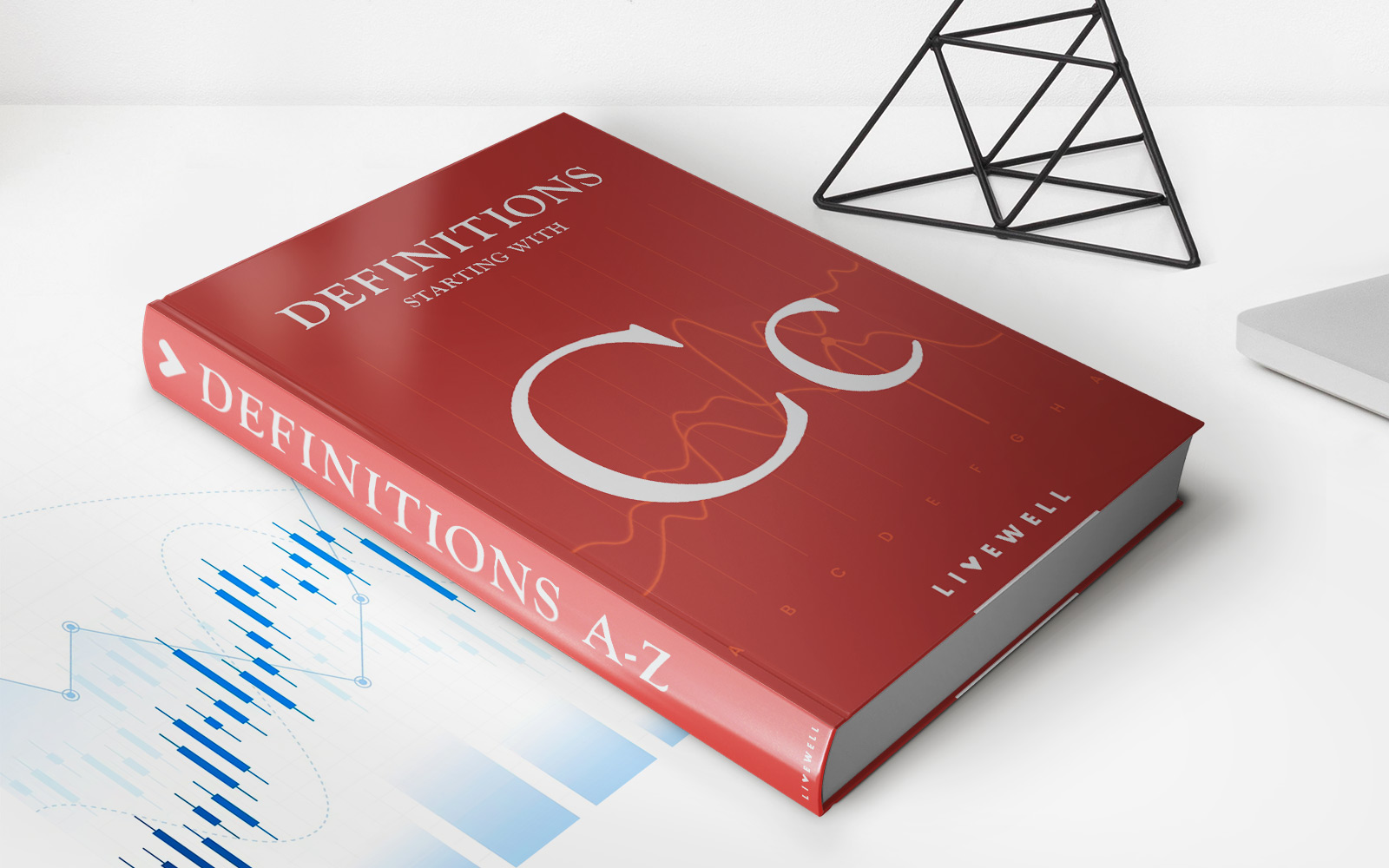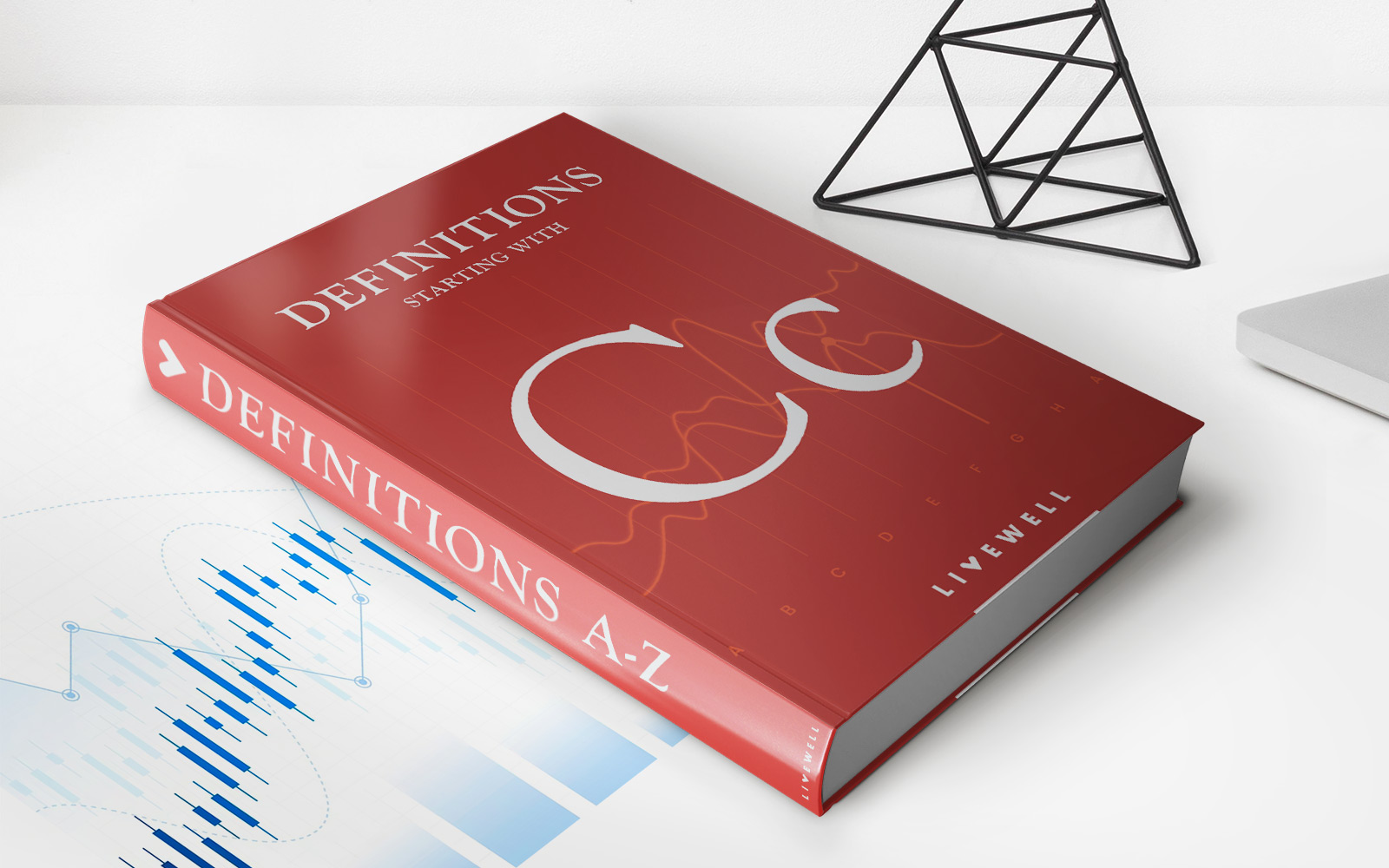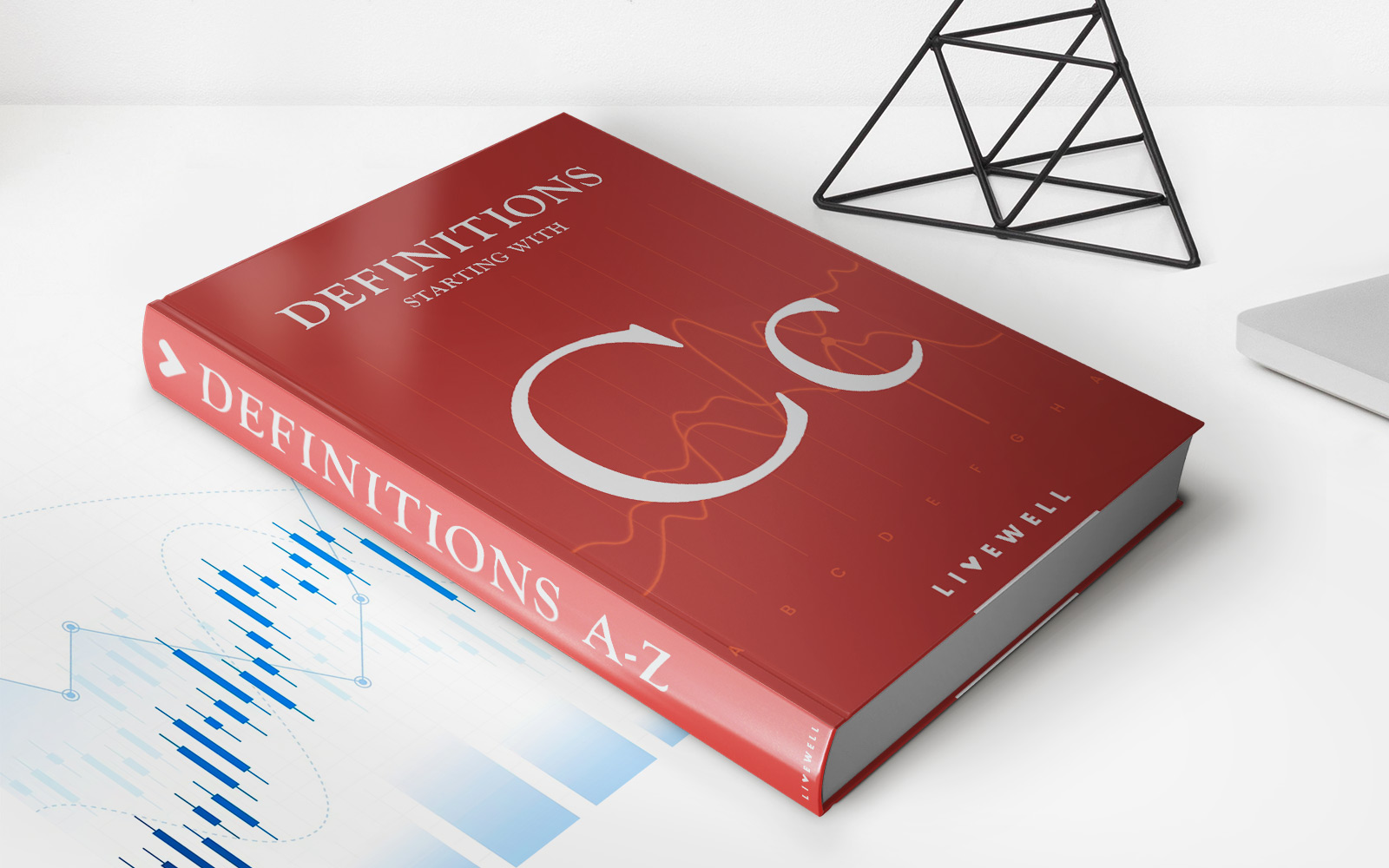Home>Finance>What Interest Is Charged If I Pay The Statement Balance


Finance
What Interest Is Charged If I Pay The Statement Balance
Published: March 2, 2024
Learn about interest charges on statement balances and how they impact your finances. Get the details on finance charges and how they are calculated.
(Many of the links in this article redirect to a specific reviewed product. Your purchase of these products through affiliate links helps to generate commission for LiveWell, at no extra cost. Learn more)
Table of Contents
Introduction
Understanding the Intricacies of Statement Balance and Interest Charges
Welcome to the world of credit card finance, where the term "statement balance" holds significant importance. As you delve into the realm of managing your credit card, understanding the dynamics of the statement balance and the associated interest charges becomes crucial for maintaining financial stability. This article aims to unravel the complexities surrounding the statement balance, shedding light on the interest charges incurred and the impact of paying the statement balance in full.
The statement balance represents the total amount you owe to the credit card company at the end of a billing cycle. It encompasses all the purchases, cash advances, fees, and any finance charges accrued during the billing period. This figure is crucial as it dictates the minimum amount due and serves as a benchmark for assessing interest charges.
In the following sections, we will delve into the nuances of the statement balance, deciphering the implications of carrying a balance forward and the associated interest charges. Moreover, we will explore the financial repercussions of paying the statement balance in full, empowering you to make informed decisions and take control of your credit card finances. Let's embark on this enlightening journey to demystify the intricacies of the statement balance and its correlation with interest charges.
Understanding Statement Balance
The statement balance on your credit card statement is a pivotal indicator of your financial obligations to the credit card issuer. It encompasses all the transactions made during the billing cycle, including purchases, cash advances, fees, and any finance charges. This cumulative amount reflects the total outstanding balance that needs to be addressed by the payment due date to avoid incurring interest charges.
When you receive your credit card statement, the statement balance represents the amount that the issuer requires you to pay to maintain your account in good standing. It is essential to differentiate the statement balance from the current balance, which includes the recent transactions and may not be the amount due for payment. Understanding the statement balance is crucial for effective financial management, as it serves as the baseline for assessing interest charges and determining the minimum payment required to avoid penalties.
Furthermore, comprehending the components contributing to the statement balance is imperative for gaining insight into your spending patterns and financial obligations. By scrutinizing the statement balance, you can discern the impact of your credit card usage on your overall financial health, enabling you to make informed decisions regarding repayment strategies and expenditure management.
As we navigate the realm of credit card finance, delving into the intricacies of the statement balance unveils its significance in shaping your financial well-being. The next section will shed light on the interest charges associated with the statement balance, elucidating the financial implications of carrying a balance forward and the potential strategies for mitigating interest expenses.
Interest Charges on Statement Balance
Understanding the intricacies of interest charges on the statement balance is paramount for prudent financial management. When you carry a balance forward by not paying the statement balance in full, the credit card issuer applies interest charges to the remaining amount. This interest is calculated based on the annual percentage rate (APR) associated with your credit card, which represents the cost of borrowing on an annual basis.
The interest charges on the statement balance can significantly impact your financial well-being, potentially leading to a cycle of debt if not managed effectively. It is essential to grasp the mechanisms of interest accrual to make informed decisions regarding repayment and mitigate unnecessary financial burdens.
By comprehending the factors influencing interest charges, such as the APR and the outstanding balance, you can devise strategies to minimize interest expenses and expedite debt repayment. Additionally, being aware of the compounding nature of interest empowers you to assess the long-term implications of carrying a balance forward, prompting proactive measures to mitigate interest accumulation.
Moreover, understanding the correlation between the statement balance and interest charges illuminates the significance of timely and strategic repayment. By addressing the statement balance in full before the payment due date, you can avert interest charges and alleviate the financial strain associated with prolonged debt.
As we navigate the terrain of credit card finance, unraveling the impact of interest charges on the statement balance equips us with the knowledge to make prudent financial decisions. The subsequent section will delve into the repercussions of paying the statement balance, offering insights into the potential benefits and implications of this proactive financial approach.
Impact of Paying the Statement Balance
Paying the statement balance in full before the due date yields multifaceted benefits that resonate throughout your financial landscape. By settling the statement balance entirely, you circumvent the accrual of interest charges, thereby mitigating unnecessary financial burdens. This proactive approach not only fosters financial prudence but also cultivates a positive credit history, bolstering your creditworthiness and enhancing your financial standing.
Furthermore, paying the statement balance in full signifies responsible credit card management, reflecting positively on your financial acumen. This practice showcases your ability to honor financial commitments and manage credit obligations effectively, positioning you as a reliable and conscientious borrower in the eyes of creditors and lending institutions.
Additionally, by consistently paying the statement balance in full, you demonstrate disciplined financial behavior, laying the groundwork for favorable credit opportunities and potential credit limit increases. This proactive approach can pave the way for enhanced financial flexibility and access to a myriad of credit options, empowering you to navigate the financial landscape with confidence.
Moreover, by addressing the statement balance in full, you liberate yourself from the burden of lingering debt, fostering a sense of financial freedom and tranquility. This liberation from revolving debt engenders a positive mindset and facilitates prudent financial decision-making, enabling you to allocate resources towards savings and investments rather than interest payments.
As we traverse the realm of credit card finance, embracing the practice of paying the statement balance in full emerges as a cornerstone of sound financial management. This proactive approach not only mitigates interest charges but also cultivates a robust financial foundation, positioning you on a trajectory of financial empowerment and resilience.
Conclusion
Embarking on the journey to comprehend the intricacies of the statement balance and its correlation with interest charges has equipped us with invaluable insights into prudent credit card management. The statement balance serves as a pivotal indicator of your financial obligations, encompassing all transactions and shaping the minimum payment due. Understanding the components contributing to the statement balance empowers you to gauge your financial responsibilities and make informed decisions regarding repayment strategies.
Moreover, delving into the realm of interest charges on the statement balance has elucidated the potential financial repercussions of carrying a balance forward. By grasping the mechanisms of interest accrual and the impact of the annual percentage rate (APR), you can devise strategies to minimize interest expenses and expedite debt repayment, fostering financial resilience and stability.
Furthermore, embracing the practice of paying the statement balance in full emerges as a proactive approach that transcends mere financial prudence. It signifies responsible credit management, cultivates a positive credit history, and liberates you from the burden of lingering debt, fostering a sense of financial freedom and empowerment.
As you navigate the dynamic landscape of credit card finance, leveraging the knowledge gained from understanding the statement balance and interest charges empowers you to make sound financial decisions, cultivate a robust credit profile, and embark on a journey of financial empowerment and resilience. By embracing the practice of paying the statement balance in full, you pave the way for a future characterized by financial freedom, tranquility, and prudent financial decision-making.














